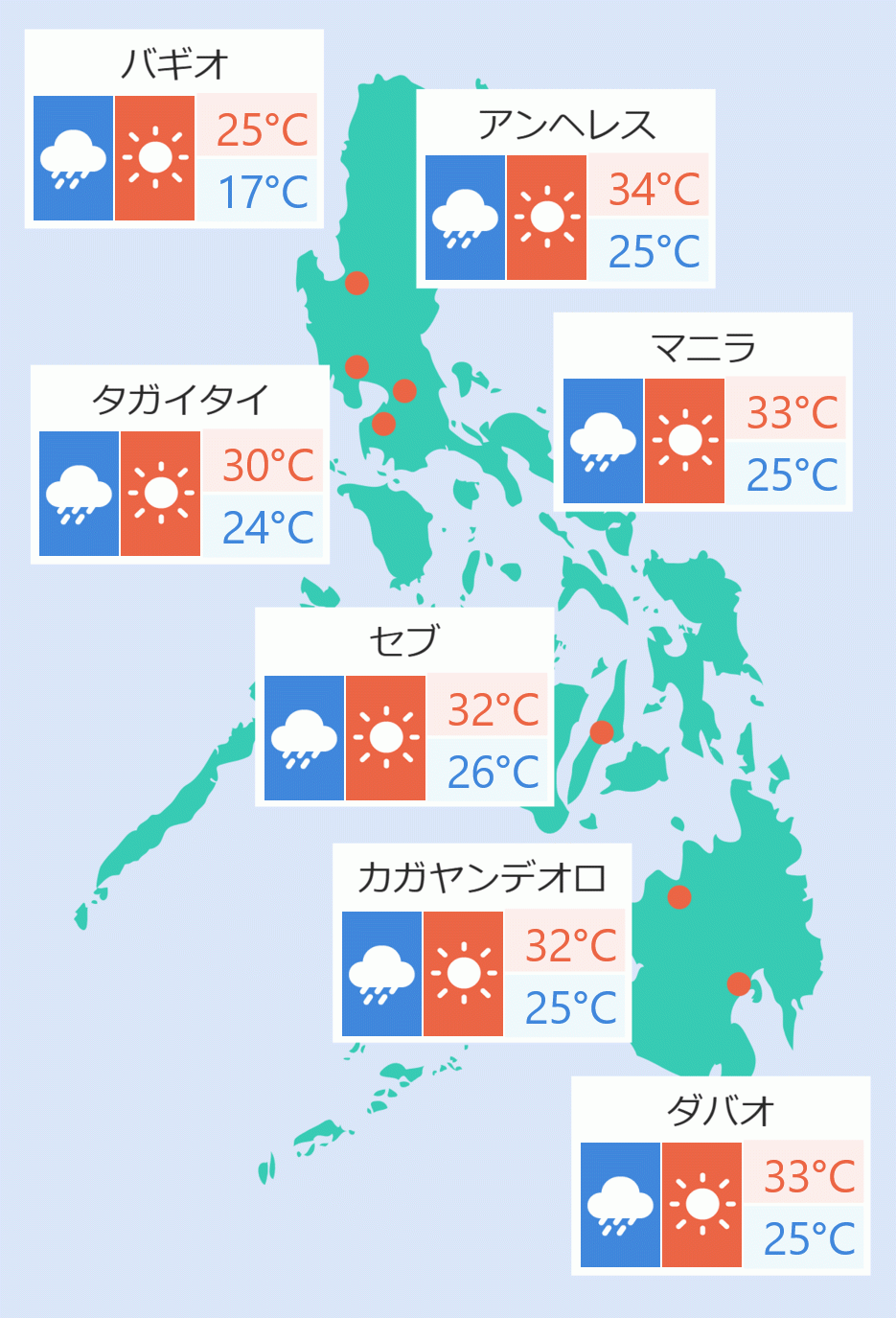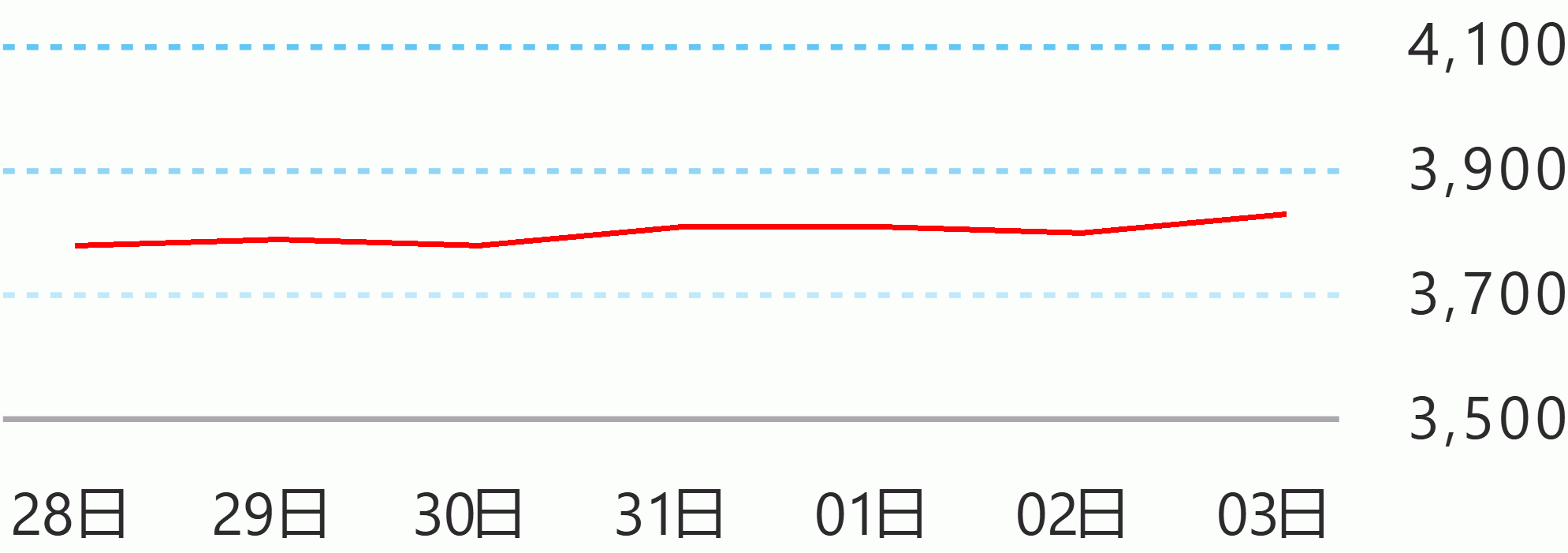The National Government’s revenue performance is expected to exceed the target set during the 184th Development Budget Coordination Committee meeting in April.
For the first nine months of the year, total revenues reached P2.84 trillion, higher by 6.8 percent year-on-year. Both tax and non-tax revenues registered positive growth at 6.4 and 10.5 percent, respectively.
Actual revenue collections exceeded the program for the first nine months of the year by 3 percent, owing to the higher collections from the Bureau of Customs (BOC) and non-tax revenues of P152.57 billion.
The emerging total revenue collection for 2023 is estimated to be P 3.84 trillion to P 3.90 trillion, which is above the P3.73 trillion approved DBCC level for the year. Meanwhile, tax revenue is expected to be P3.5 trillion to P 3.55 trillion.
The emerging revenue effort for 2023 is estimated to be at least 15.7 percent, surpassing both the MTFF target and 184th DBCC-approved level at 15.3 percent and 15.2 percent, respectively.
The Bureau of Internal Revenue (BIR) and the BOC are implementing several reforms to strengthen tax administration and enhance revenue collection, which include digitalization programs intended to eliminate corruption, increase transparency, and improve the ease of paying taxes.
The DBCC will closely work with Congress for the passage of the previous administration’s remaining tax reforms on passive income and financial intermediaries taxation and real property valuation and assessment, as well as new tax measures.
These include the excise tax on single-use plastics (SUPs), rationalization of the mining fiscal regime, motor-vehicle road users’ tax, excise tax on sweetened beverages and junk foods, tax on pre-mixed alcohol, value-added tax (VAT) on digital service providers, carbon taxation, capital market development bill, and the military and uniformed personnel (MUP) pension reform bill.
The National Government disbursement accelerated significantly from 93.4 percent of the program as of June 2023 to 98.9 percent as of September. This was mainly driven by the robust disbursement in the third quarter, reaching P3.82 trillion as of the end of September.
Supported by the successful submission of agencies’ catch-up plans, government spending is expected to further improve during the fourth quarter. This will be mainly driven by accelerated implementation of programs on infrastructure, transport, labor and employment, social protection, and education, among others.
To support this, the DBCC through the Department of Budget and Management (DBM), shall continue its close coordination with agencies, especially those with low budget utilization rates, through regular meetings focusing on their spending performance and catch-up plans.
Moving forward, the DBCC shall address procurement bottlenecks by strictly directing the conduct of Early Procurement Activities (EPA) among government agencies by next year. This shall enable timely procurement planning by having procurement activities already conducted as early as the submission of the National Expenditure Program (NEP) to Congress.
The Budget and Treasury Management System (BTMS), which is an integral part of the Integrated Financial Management Information System (IFMIS) will also be implemented by 2024. This shall address major procurement bottlenecks such as the late submission of billings from suppliers and creditors and delays in the delivery of goods and services by providers within the time frame.
The DBCC shall likewise encourage all government agencies including State Universities and Colleges (SUCs), Government-Owned and Controlled Corporations (GOCCs), and Local Government Units (LGUs) to utilize safe and efficient digital payments for goods and services, including the distribution of financial assistance, pursuant to Executive Order No. 170, s. 2022.
Given the better-than-expected revenue and spending performance, the DBCC maintains optimism in its outlook that growth and fiscal targets set under the Medium-Term Fiscal Program can be achieved. Development Budget Coordination Committee





 English
English










